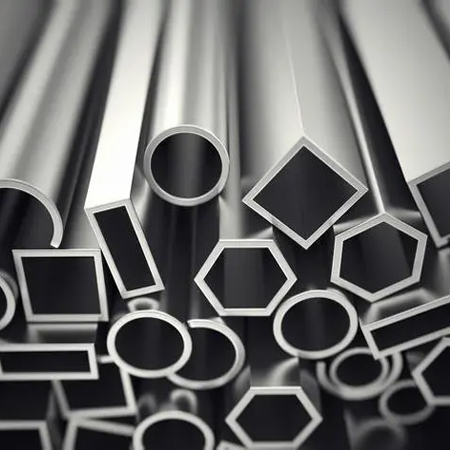
Silicon plays a crucial role in aluminum alloy production, particularly in the manufacturing of aluminum-silicon alloys. Aluminum alloy manufacturers use most of metallurgical grade silicon metal. Here are some key silicon metal application in Aluminum alloy production:
Silicon Metal Application in Aluminum Silicon Alloys
Adding silicon to aluminum can form aluminum-silicon alloys, which are widely accepting in various industries due to their desirable properties. These alloys offer excellent strength, corrosion resistance, and good castability.
Improvement of Fluidity
Silicon metal helps improve the fluidity of molten aluminum during casting. This enhanced fluidity allows for better flow of the molten metal into intricate mold shapes, resulting in improved casting quality.
Reduced Thermal Expansion:
The addition of silicon to aluminum can help reduce the coefficient of thermal expansion of the alloy. This property is beneficial in applications where dimensional stability under temperature variations is critical. Such as in automotive engine components and electronic housings.
Enhanced Wear Resistance:
Silicon contributes to the wear resistance of aluminum alloys, making them suitable for applications. Their components are depending on abrasive conditions or sliding wear, such as pistons, cylinder heads, and brake components.
Heat Treatment Response:
Silicon-containing aluminum alloys respond well to heat treatment processes, allowing for further enhancement of mechanical properties such as strength and hardness. As a result, this makes them versatile for a wide range of applications that require tailored material properties.
Alloy Modification
Silicon can be used as an alloying element along with other elements like copper, magnesium, and manganese to create customized aluminum alloy compositions with specific performance characteristics suited to particular applications.
Overall, silicon metal application in Aluminum is vital and important. The most common silicon metal models for Al-alloy include silicon metal 553, silicon metal 441, si 3303 and 2202. Depends on different chemical composition, those models contributing to their mechanical properties, castability, corrosion resistance, and thermal stability, making them suitable for diverse aluminum alloy applications.
